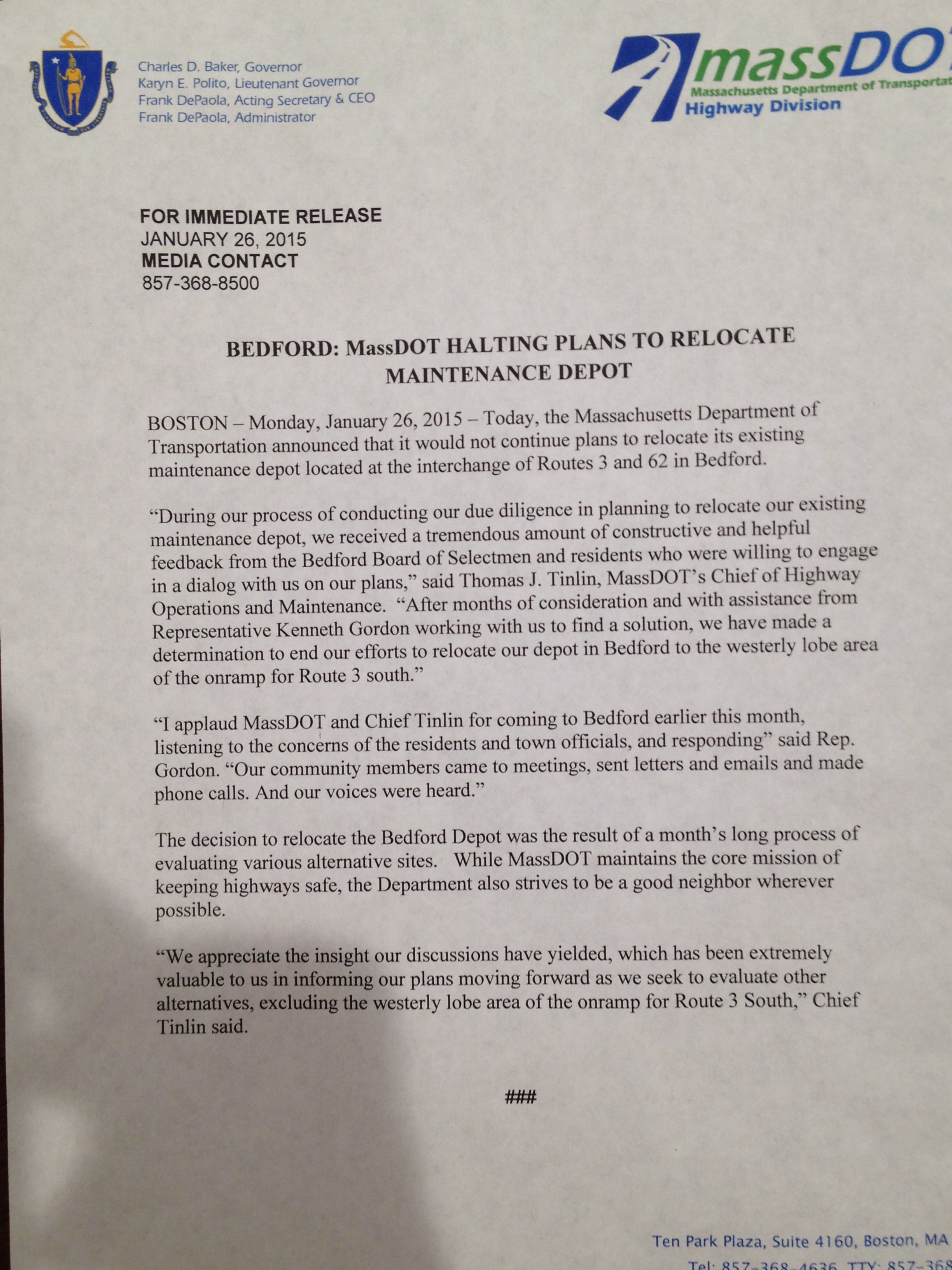Must Read
- Eric Levitz, John McCain’s Service In Vietnam Was a Tragedy
John McCain did not plan the Vietnam War. He didn’t lie to the American people about the nature of the conflict, the atrocities it entailed, or the probability of its success. He merely trusted the civilian leadership that did. There is no reason to doubt that McCain believed he was in Vietnam to risk his life – and then, to endure a living hell – in defense of our nation’s highest ideals. His willingness to sacrifice his own well-being to what he believed to be America’s interests deserves our awe-struck admiration. (As an upper middle-class “soyboy” – whose most heroic feat of self-abnegating physical endurance probably involved a full bladder and broken-down A train – I have no doubt that I’d prove myself a lesser man than McCain, were I ever asked to accept years of torture for a cause that I believed in.) As the senator is laid to rest, one can reasonably argue that respect for his family, and legacy, compels us to isolate his act of transcendent patriotism from the indefensible war that produced it.
But there are hazards to such myopia. McCain’s loved ones deserve to take pride in the sacrifices he made at the “Hanoi Hilton.” But we, as a nation, do not. The United States asked John McCain to risk his life – and kill other human beings – for a war built on lies. We asked him to give some of his best years on Earth – and the full use of his arms – to an illegal, unwinnable war of aggression. The story of McCain’s time as a prisoner of war should inspire national shame. It is a story about our government abusing the trust of one its most patriotic citizens. But it’s (almost) never presented as such. Instead, in stump speeches, op-eds, and obituaries, McCain’s service is typically framed as a testament to our nation’s greatness, or an affirmation of its finest values.
This distortion invites broader misconceptions. The selfless sacrifices of American soldiers are supposed to be lamentable costs of war, burdens that can only be redeemed by the justness of the cause that demanded them. And yet, the way we remember McCain’s heroism threatens to invert this principle. In celebrating his discrete act of patriotism – while ignoring the question of what cause it served – we risk treating the selfless sacrifices of American soldiers as ends in themselves…
[What] the “men and women who serve our nation in combat” truly deserve is a country that reveres their lives more than their suffering – and, therefore, that only asks them to endure the latter in wars that are just, winnable, and necessary.
If we wish to honor McCain’s wartime-sacrifice, we must remember it less as an example of the kind of heroism we wish to emulate, than of the kind of tragedy that our nation is duty-bound to avoid repeating.
Should Read Continue reading

